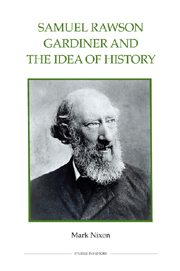Summary
With the stately periods of Hooker English prose entered on a new stage. For the first time it sought to charm and to invigorate, as well as to inform the world. In Spenser and Shakspere are to be discerned the same influences as those which made Hooker great. They, too, are filled with reverence for the reign of law. Spenser, in his Faerie Queen, set forth the greatness of man in following the laws which rule the moral world – the laws of purity and temperance and justice; whilst Shakspere, in the plays which he now began to pour forth, taught them to recognise the penalties which follow hard on him who disregards not only the moral but also the physical laws of the world in which he lives, and to appraise the worth of man by what he is and not by the dogmas which he accepts. That nothing might be wanting to point out the ways in which future generations were to walk, young Francis Bacon began to dream of a larger science than had hitherto been possible – a science based on a reverent enquiry into the laws of nature.
In these words, taken from one of Gardiner's school textbooks, can be recognised a number of emblematic features of his philosophy, such as the desire to judge men as they were rather than through a religious or political lens, a moral code founded on the classical virtues of purity, temperance and justice, and the search for a higher science. They are also witness to Gardiner’s deep respect for the culture of the periods in which he was interested as a historian.
- Type
- Chapter
- Information
- Samuel Rawson Gardiner and the Idea of History , pp. 71 - 96Publisher: Boydell & BrewerPrint publication year: 2011



